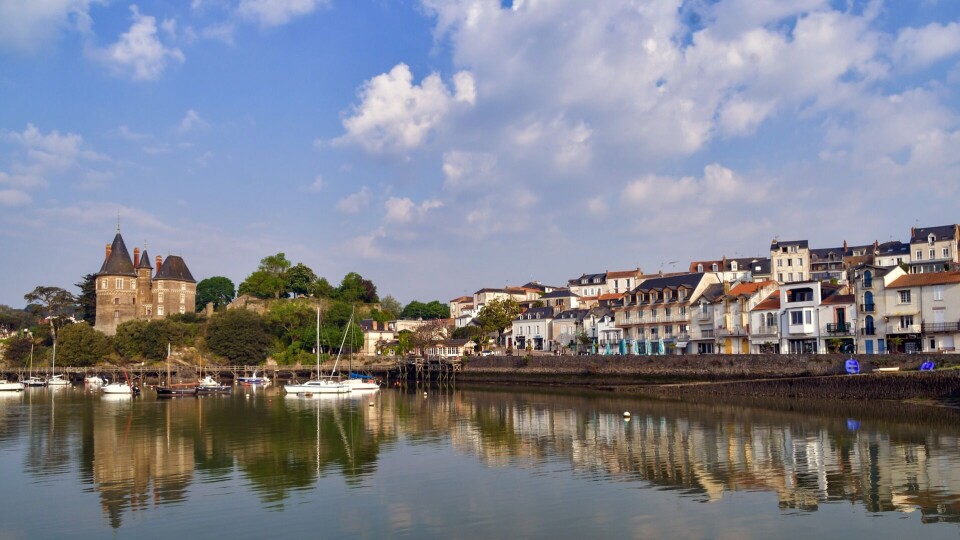-
New agreement to help with home renovations launches in Dordogne
The plan aims to connect citizens with local public renovation services to modernise old housing stock
-
Hosting scheme in south-west France lets newcomers sample lifestyle
Households in nine Dordogne communes volunteer under Mes Nouveaux Voisins scheme
-
How long does it take to sell property in different areas of France? New study
Many major cities are showing signs of recovery when it comes to supply, demand, prices, and time to sell
36% of mairies in France ‘to raise property tax’
In most cases, this would mean a €30-45 rise on a typical 'taxe foncière' bill of around €500

More than a third of communes (36%) expect to increase their part of the taxe foncière property tax this year.
The information comes from a survey of 1,869 communes and intercommunal bodies by the Association des Maires de France (AMF).
In 2020, the figure was 7%.
The other communes expect to make no change. The rise mostly concerns taxe foncière property owners’ tax, one of the last sources of income that local councils can influence, as well as the tax on removing rubbish.
Taxe foncière is worked out by applying a rate voted by the council to half of the property’s theoretical annual rental value, eg. 20% x (€4,000/2) = €400.
The survey also found that 29% of communes seek to reduce exonerations and allowances related to taxe foncière, whereas only 2% did this last year.
AMF leader Philippe Laurent said that, among communes surveyed, bills were expected to rise on average 2-3% (equating to around 6-9% for communes actually planning to raise the rate). The bill usually also factors in a part of the tax that goes to departmental councils, but this year the money allocated to departments is also going to the communes and is subject to the rises, where planned.
Reasons for the rises include:
- The pandemic, which Mr Laurent said had not been completely compensated for by the state: masks and gel, protective clothing and screens, cleaning, aid to firms, and lower revenues for canteens and creches;
- Total removal in 2021 of taxe d’habitation for most main households, which AMF says has not been fully compensated for in many communes;
- A government policy of lowering local business taxes, which also go towards council coffers.
AMF says the rise is also linked to communes’ determination to maintain investment. Almost 70% of smaller communes are maintaining plans compared to original estimates – 8% intend to invest more. The figures are 60% and 9% for larger towns.
An AMF spokeswoman said: “The communes have lost €6billion during the Covid crisis. That’s why, to relaunch investment, the rises are necessary.”
Related stories
Does long absence from French holiday house invalidate home insurance?
How often should I pay tax-at-source with French rental income?
























